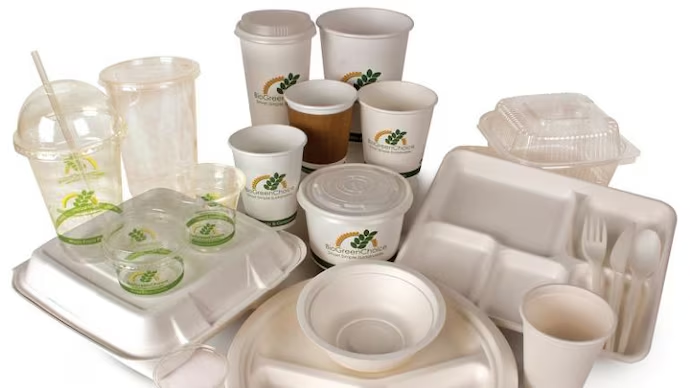
As plastic pollution continues to choke ecosystems and strain waste management systems, the science of bioplastics is emerging as a game-changing innovation. Derived from renewable biological sources like corn starch, algae, or sugarcane, bioplastics offer a potentially eco-friendly alternative to petroleum-based plastics. Unlike traditional plastics, some bioplastics are biodegradable or compostable—making them a central focus for researchers aiming to reduce environmental impact without compromising on performance.
Materials scientists and sustainability engineers—core to E-E-A-T standards (Experience, Expertise, Authoritativeness, Trustworthiness)—are leading efforts to refine the properties of bioplastics to match the durability, flexibility, and shelf-life of conventional plastics. Peer-reviewed research continues to explore improvements in manufacturing efficiency, compostability under realistic conditions, and scalability for mass production. Experts stress that not all bioplastics are automatically eco-friendly—education and proper labeling are crucial to avoid greenwashing.
The future of bioplastics lies in innovation and integration—applying these materials in packaging, automotive parts, medical devices, and even textiles. As governments and industries invest in sustainable alternatives, bioplastics represent not just a scientific milestone, but a cultural shift in how we consume and discard materials. They’re more than products—they’re a path to a more circular, responsible economy.






